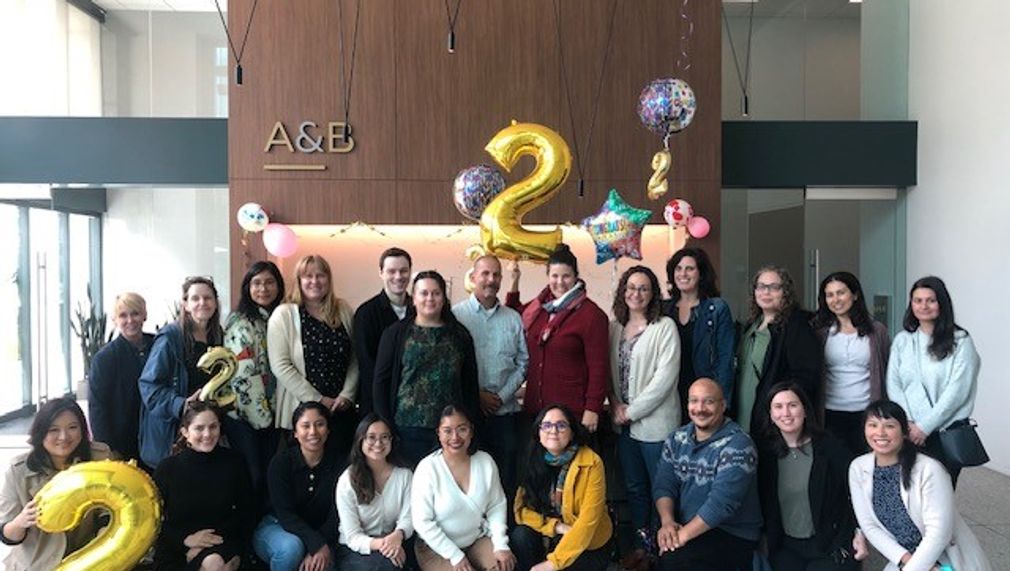Protecting Students from Psychiatric Abuse
MHAS will launch legal advocacy to address the harmful practice of schools placing students, especially foster youth, on involuntary psychiatric holds without parental consent, providing direct legal services to affected families while building data and partnerships to create systemic change.

What is the primary issue area that your application will impact?
Support for foster and systems-impacted youth
In which areas of Los Angeles will you be directly working?
County of Los Angeles (select only if your project has a countywide benefit)
In what stage of innovation is this project, program, or initiative?
Pilot or new project, program, or initiative (testing or implementing a new idea)
What is your understanding of the issue that you are seeking to address?
Across Los Angeles, schools are increasingly involving law enforcement to place students in involuntary psychiatric holds, disproportionately affecting foster youth and students with disabilities. Foster youth are up to 62% more likely to face mental health challenges, including depression, anxiety, and PTSD (National Foster Youth Institute). Bay Area data shows hundreds of students experience these holds annually, yet most school districts fail to track this data (NBC investigation). Studies suggest up to 80% of youth in foster care exhibit serious behavioral or mental health problems requiring intervention (Verywell Mind), making them vulnerable to these harmful practices. These "5150" holds separate children from families without prior notice, force unwanted medication, and create trauma rather than provide appropriate support. The practice violates due process rights and criminalizes mental health struggles while undermining family relationships and student educational continuity.
Describe the project, program, or initiative this grant will support to address the issue.
This initiative will provide specialized legal advocacy for families whose children have been subjected to involuntary psychiatric holds initiated by schools. We will directly represent families, advocate for their rights, and pursue systemic changes to prevent future incidents. Our work will include comprehensive data collection to document trends and identify the most affected schools, training school personnel on alternatives to psychiatric holds and student legal rights, advocating for appropriate mental health accommodations in student IEPs, and working with school districts to develop protective policies. Building on MHAS's 45+ years as Los Angeles County's only legal aid organization exclusively serving individuals with mental health disabilities, this initiative leverages our proven capacity for comprehensive youth services, having successfully served over 3,000 clients annually, including 496 children in 2024. Our established special education program, which helps parents secure accommodations for children with mental health needs, and our medical-legal partnerships provide the foundation for this expansion into school crisis intervention. Partnering with other disability rights and youth-serving organizations, this approach combines our proven individual advocacy model with systemic change strategies, addressing immediate harm while preventing future violations through established legal advocacy methods that have demonstrated success in our other programs.
Describe how Los Angeles County will be different if your work is successful.
If successful, Los Angeles will serve as a national model for protecting students from harmful school-to-hospital practices. In the pilot year, we will establish comprehensive data collection, engage multiple school districts in policy reform, and provide services to impacted families. Long-term, we envision a dramatic reduction in school-initiated involuntary holds, replaced by appropriate mental health support in educational settings instead of traumatic hospitalization. Foster youth will face less trauma, better educational outcomes, and stronger family bonds. Our work will inform state legislation and inspire nationwide replication. Schools will adopt trauma-informed crisis responses, and families will understand their rights with access to specialized legal advocacy. This systemic change will ensure every student, especially foster youth and students with disabilities, receives dignified, appropriate mental health support that builds family connections and educational progress.
Approximately how many people will be impacted by this project, program, or initiative?
Direct Impact: 50
Indirect Impact: 1,000,000